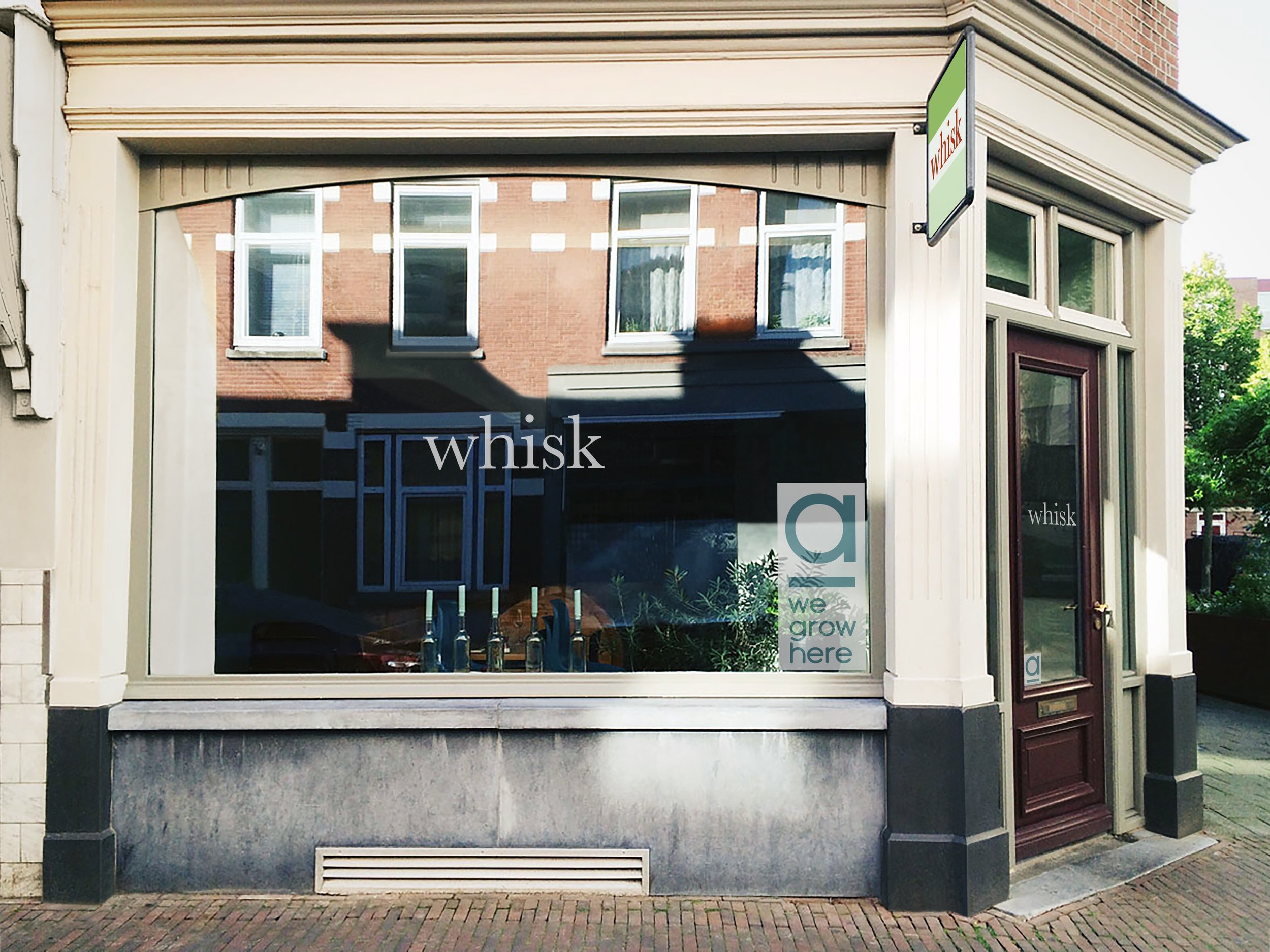agropolis
Agropolis is a full-service home hydroponics vendor dedicated to helping cities feed themselves. By enabling citizens to repurpose urban spaces for agriculture, as well as creating a platform for urban agriculturalists to connect, share and barter, agropolis empowers its customers to feed family and neighbors with healthy, organic produce.
Background
Today, over half of the world’s 7.5 billion people live in cities. By 2050, the population is projected to reach 10 billion, while the urban dwell rate is expected to increase from 50% to 70%.
As we increase in quantity and density, the rate at which we consume food will grow even faster: experts projects a 70-100% increase worldwide.
Meeting this new demand with conventional agriculture would require the clear-cutting of a landmass the size of Brazil. And the rapid growth of food deserts—regions where there is no fresh food accessible by foot—in America’s inner cities are harbingers of the burgeoning global food shortage.
Mission
Agropolis gives cities an alternative to today's inefficient and inequitable produce supply chain. By offering cutting-edge hydroponics hardware, seeds, nutrients, installation assistance and top-tier customer service, agropolis aims to lower the learning curve that can be a barrier to entry for would-be urban farmers.
And while this may sound too expensive for some, agropolis helps defray the cost with friendly payment plans and a debt forgiveness structure that rewards those who donate excess produce to local food banks and charities.
In other words: it pays to be kind.
Reclaiming space
Inspired by Dickson Despommier's concept of the "vertical farm," Agropolis' installations repurpose the unused space on the empty roofs and vacant lots that litter our cities. Rooftop installations would collect rainwater, filter greywater from the building's plumbing, and deliver it to rotating racks of plants.
Archetypal Brooklyn rooftops
Conceptual model of a rooftop vertical garden, extending roughly two stories above building height.
Mobile service
A rooftop installation is not required to become a member of the agropolis community, just the app—and an interest in fresh, local food. The share function lets members peruse urban growers in their neighborhood with extra produce that they are willing to sell or trade. Growers can use the app to sell their wares, schedule donations, buy equipment, get customer support, and remotely manage their rooftop array.
Brand presence
Agropolis' ability to deliver on its promise to feed those in need depends on its ability to reach a critical mass of users. While word-of-mouth will be critical to widespread adoption, localized advertising campaigns can help give things a strategic push. And maintaining consistent branding across all touchpoints helps boost awareness with the fringes of the audience.
Process
~ ~ ~







